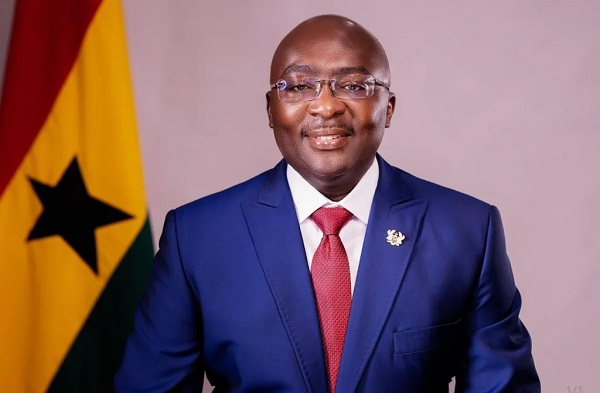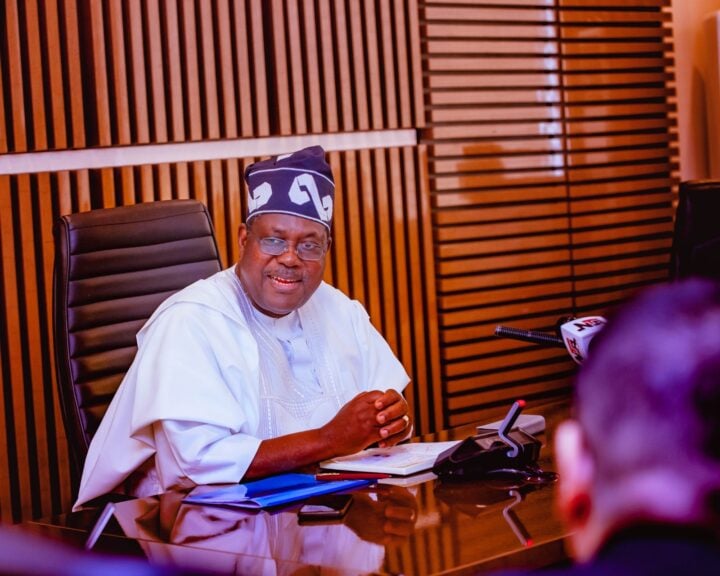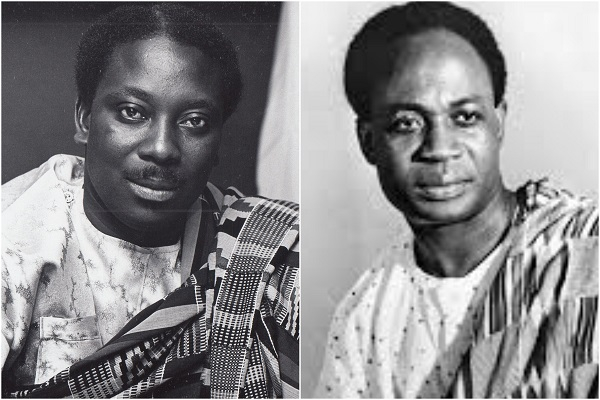Senate tasks stakeholders on repatriation of cultural heritage

The Chairman, Senate Committee on Reparations and Repatriations, Senator Ned Munir Nwoko has tasked stakeholders on need to support the repatriation of cultural properties, and financial assets to Nigeria and Africa in general.
Senator Nwoko made the remark during a one day interactive session with stakeholders, held at the Senate Conference Hall, Abuja.
Addressing the stakeholders, Nwoko said: “Our deliberation today is further invigorated by recent continental effort. The African Union has since reinforced the call for reparative mechanisms to provide not just economic compensation, but healing acknowledgement and empowerment.
“The summit marked a pivotal moment, affirming that reparation is no longer a new discourse, it is now central to Africa’s collective agenda for justice, recognition and transformation.
It is in this context that we engage all of you, your insights, experiences, and policies perspectives are crucial to shaping what must become an African-common position, a unified voice that will reverberate in international chambers and court of justice.”
Together, we must construct a strategy that is both morally grounded and diplomatically effective.”
Clarifying the core concept at the heart of the discourse, the lawmaker representing Delta North said: “Reparation refers to making amends for past, current, subsequent wrongs through monetary payments, policy shifts, symbolic gestures or institutional reforms. It is a redemptive process but also a moral imperative.
“Repatriation on the other hand concerns a return of people, cultural properties and financial assets to their country of origin. It is as much about restoring identity and sovereignty as it is about material compensation.
“These are not simple matters. They involve navigating legal and ambiguities, political sensitivities, and historical wounds. Yet we must approach them with courage, clarity and coordination. The road ahead will demand not just advocacy, but intellectual rigor, legal expertise and continental unit.This interactive session is more than a meeting, it is a moment in time. A moment for redefining Africa’s place in history, not a victim seeking sympathy, but as a continent asserting its rightful place in global justice conversation, demanding accountability and respect.
“Distinguished ladies and gentlemen, we count on your support to amplify these objectives in your organizations and area of jurisdictions.”
The lawmaker reminded the gathering that the “committee I have the privilege to chair was formally established by the Senate of the Federal Republic of Nigeria on July 17, 2024, with a mandate as solemn as it is historic, to address the centuries-old injustices inflicted upon our peoples through slavery, colonization, exploitation, and systemic discrimination, both historical and contemporary. As a strategic
engagement with you stakeholder’s today, aims to foster dialogue, share insights, and forge practical, collaborative pathways for advancing across the African continent.
“The work before us is neither symbolic nor ceremonial. It is structured, evidence-based, and far-reaching. Our Committee is guided by specific terms of reference that reflect the weight of our responsibility: “to address historical and systemic injustices that have long dehumanized and marginalized various groups and communities within Nigeria, and the broader African diaspora;
“ to collate credible evidence of wrongdoing by individuals, states, corporations, and other institutions, past and present, and make concrete recommendations for appropriate compensation and redress;
“to pursue the return of looted cultural artifacts and heritage materials taken during colonial conquests or illicit trade, including leveraging international legal frameworks and institutions to seek restitution and financial reparation where applicable;
“ to identify and interrogate historical injustices, establish dialogical frameworks, and propose legal and policy templates that are in alignment with national constitutions, and international conventions. This will include collaboration with both local and international experts across fields, law, history, anthropology, economics, and diplomacy;
“ to evolve a holistic national and regional strategy that reflects the complex intersections of culture, justice, and economic sustainability; and
“to interrogate and challenge ongoing neocolonial structures and practices that sustain economic and institutional subjugation in Nigeria.”
He emphasized that this mandate does not only cover matters of culture and history, it extends into virtually all sectors of our socio-economic architecture, education, resource control, infrastructure, restitution, and intergovernmental equity.









